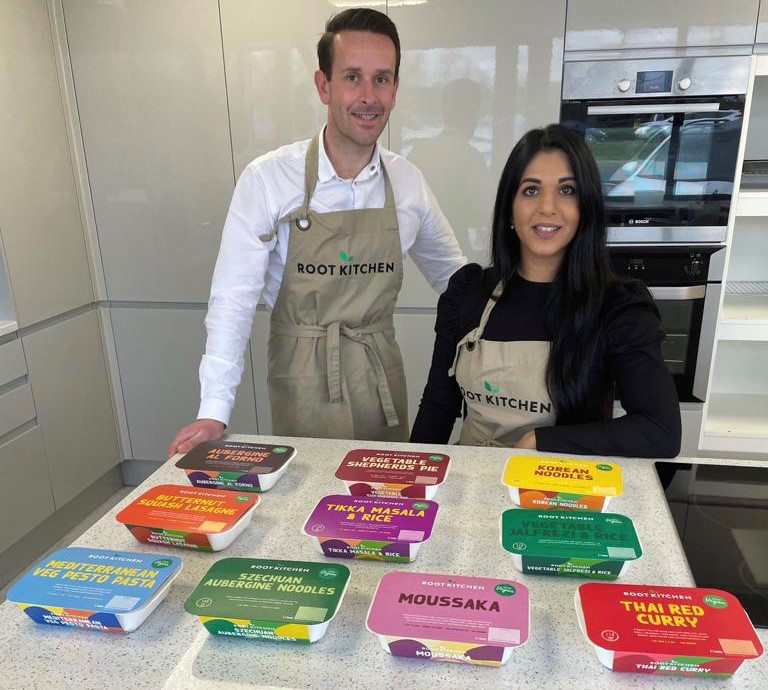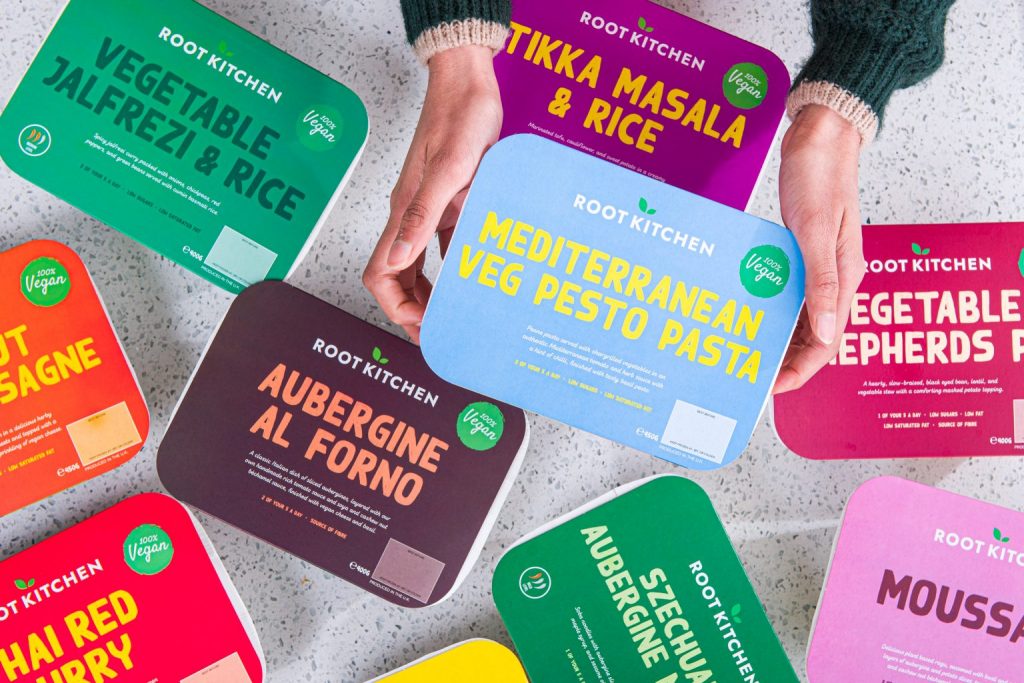Tell us about your team. Why are you the right people for the project?
Rishma: David and I worked together for the family business – a manufacturer of ready-to-eat meals that was founded 36 years ago. The company has partnerships with supermarkets such as Lidl and Iceland. We also work with food-service companies such as Green King and Mecca Bingo.
I joined the family business 13 years ago as New Product Development Director. My role was to lead a team of development chefs and food technologists. We worked with the production team in order to ensure that the transition from recipe development to large-scale production ran smoothly while maintaining product quality.
David meanwhile, has experience in Fast Moving Consumer Goods sales, as he previously worked for Nestlé and Unilever. He joined the family business five years ago to look after marketing and new business development.
What are your favourite parts about building your business?
Rishma: In addition to the health benefits of adopting a plant-based lifestyle, we became acutely aware of the impact that animal agriculture has on the environment. Luckily, we are in the perfect position to make a difference. For me, working with plant-based ingredients has opened up a whole new world of recipes and opportunities to be creative in the kitchen.
David:I’m enjoying the journey so far. It has reawakened a passion for learning in me. We both want to create something that is much bigger than ourselves. We also recognise that joining the ProVeg Incubator is a great opportunity to personally develop alongside other people who have similar values. Hopefully, we can all help to encourage more people to adopt a plant-based diet.
What have been the main challenges you’ve faced?
David: Initially, we started out as an online direct-to-consumer brand in a sector that has some well-founded startups. Those companies have already established an initial concept for plant-based frozen ready meals. However, we had to learn everything from scratch! From how to attract customers to structuring the customer’s journey to ensuring that meals arrive in the perfect condition. All of that was a big challenge.
What makes your company unique?
Rishma:Our position in the market is to make nutritious plant-based ready meals that are accessible to a wider audience, not just those who can afford monthly subscription boxes.
We have the infrastructure to make meals at scale, while still using a small-batch process. All of our meals are prepared by chefs in 70L-90L stockpots. They follow the concept of homemade meals, but on an industrial scale.
I also designed our meals to appeal to flexitarians who are making the transition to eating more plant-based foods. Our meals are designed to have a taste profile and experience that is similar to what people would usually eat. Our aim is to make meals an easy option on those busy mid-week evening meal occasions.



